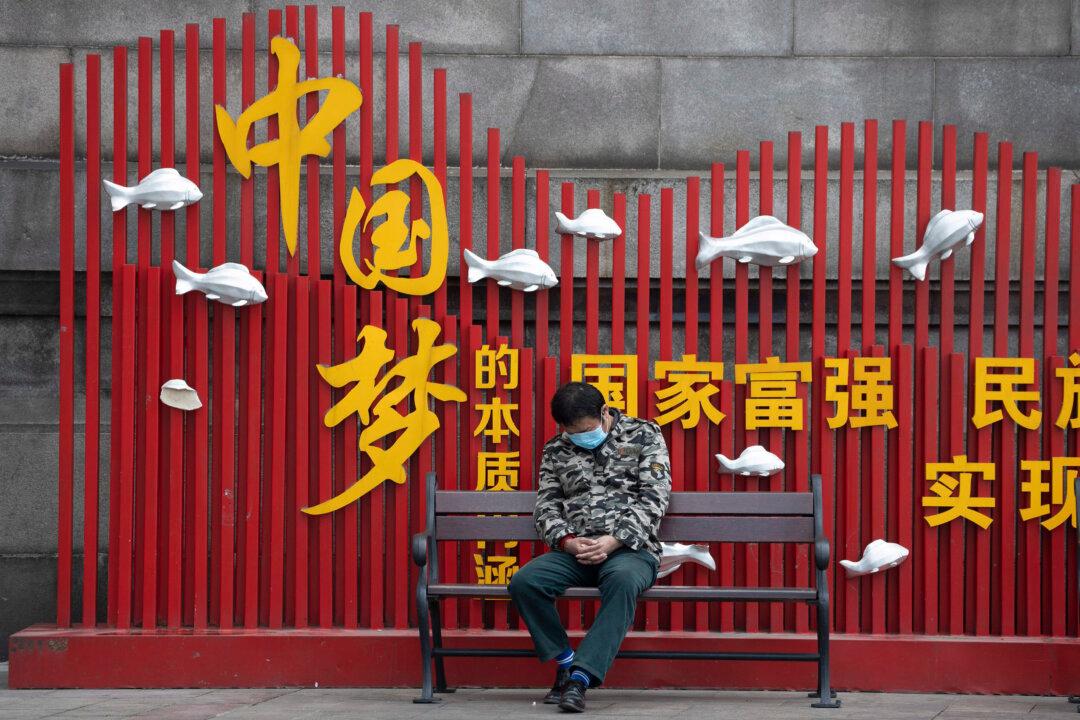Commentary
No one measure can summarize, but the weight of evidence tells a sad story of decline. China’s once optimistic and confident middle class is losing ground and, in many cases, slipping back toward poverty.

No one measure can summarize, but the weight of evidence tells a sad story of decline. China’s once optimistic and confident middle class is losing ground and, in many cases, slipping back toward poverty.